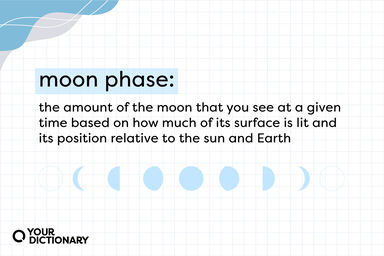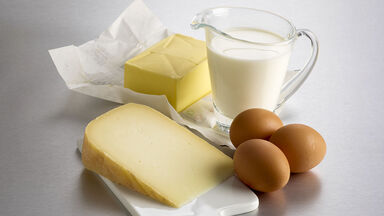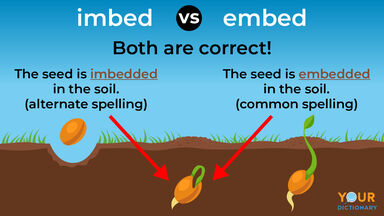Wax Definition
- ceresin
- mineral wax. associated words: cerography
- incerative
- inceration
- encaustic
- spermaceti
- ozocerite
- cerumen
- cerate
- ambergris
- adipocere (grave wax)
- cerotic
- cerotene
- ceroplasty
- ceroplastics
- In the medium of phonograph recordings.
Idioms, Phrasal Verbs Related to Wax
- on wax
Origin of Wax
-
From Middle English waxen, from Old English weaxan (“to wax, grow, be fruitful, increase, become powerful, flourish"), from Proto-Germanic *wahsijanÄ… (“to grow"), from Proto-Indo-European *hâ‚‚weg-, *weks-, *aweks-, *auks- (“to grow, increase"). Cognate with Scots wax (“to grow"), West Frisian waakse (“to grow"), Low German wassen, Dutch wassen (“to grow"), German wachsen (“to grow"), Danish and Norwegian vokse (“to grow"), Swedish växa (“to grow"), Icelandic vaxa (“to grow"), Gothic 𐍅𐌰𐌷𐍃𐌾𐌰𐌽 (wahsjan, “to grow"); and with Ancient Greek ἀέξειν (aeksein), Latin auxilium. It is in its turn cognate with augeo. See eke.
From Wiktionary
-
From Old English wæx, from Proto-Germanic *wahsÄ…, from Proto-Indo-European *wokso-. Cognate with Dutch was, German Wachs, Norwegian voks; and with Lithuanian vaÅ¡kas, Russian воск (vosk)
From Wiktionary
Origin uncertain; probably from phrases like to wax angry, wax wode, and similar (see Etymology 2, above).
From Wiktionary
-
Middle English waxen from Old English weaxan aug- in Indo-European roots
From American Heritage Dictionary of the English Language, 5th Edition
Perhaps from wax (as in archaic to wax angry to grow angry)
From American Heritage Dictionary of the English Language, 5th Edition
Middle English from Old English weax
From American Heritage Dictionary of the English Language, 5th Edition
Find Similar Words
Find similar words to wax using the buttons below.





